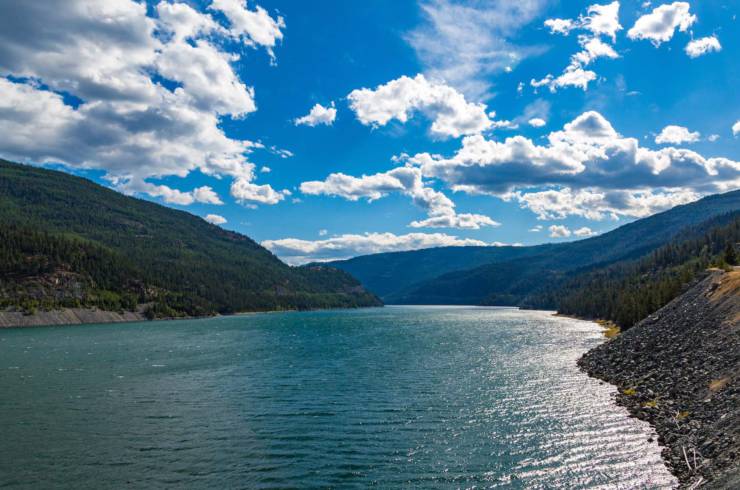K̓ukamaʔnam/Kimberley –
“We are deeply concerned that Global Affairs Canada has unilaterally decided to walk away from discussions to engage the International Joint Commission (IJC) in the transboundary Kootenay River system. The Ktunaxa Nation has been calling for a reference to the IJC since 2012. Since then, we have seen the situation on the ground worsen — selenium levels are increasing, fish are dying, Teck received the largest fine ever issued under Canada’s Fisheries Act and BC is failing to regulate its mines. This is an opportunity to find a long-term, science-based solution to this complex problem — Canada and BC must uphold the United Nations Declaration on the Rights of Indigenous Peoples (UNDRIP) and support the Ktunaxa Nation’s call for a reference to the IJC and explore a transboundary, Indigenous-led watershed board for the Kootenay.”
-30-
Reference Documents:
• “Request for an Inquiry into Regulatory Negligence: Canada’s Failure to Control Elk Valley Coal Mine Pollution” University of Victoria’s Environmental Law Centre
• An Audit of Compliance and Enforcement in BC’s Mining Sector: 2016 BC Auditor General
• Ktunaxa Media Release: Media Statement on International Joint Commission Regarding Transboundary Kootenay Watershed
For media inquiries, contact:
Robyn Duncan,
Executive Director
robyn@wildsight.ca
250.432.5422








